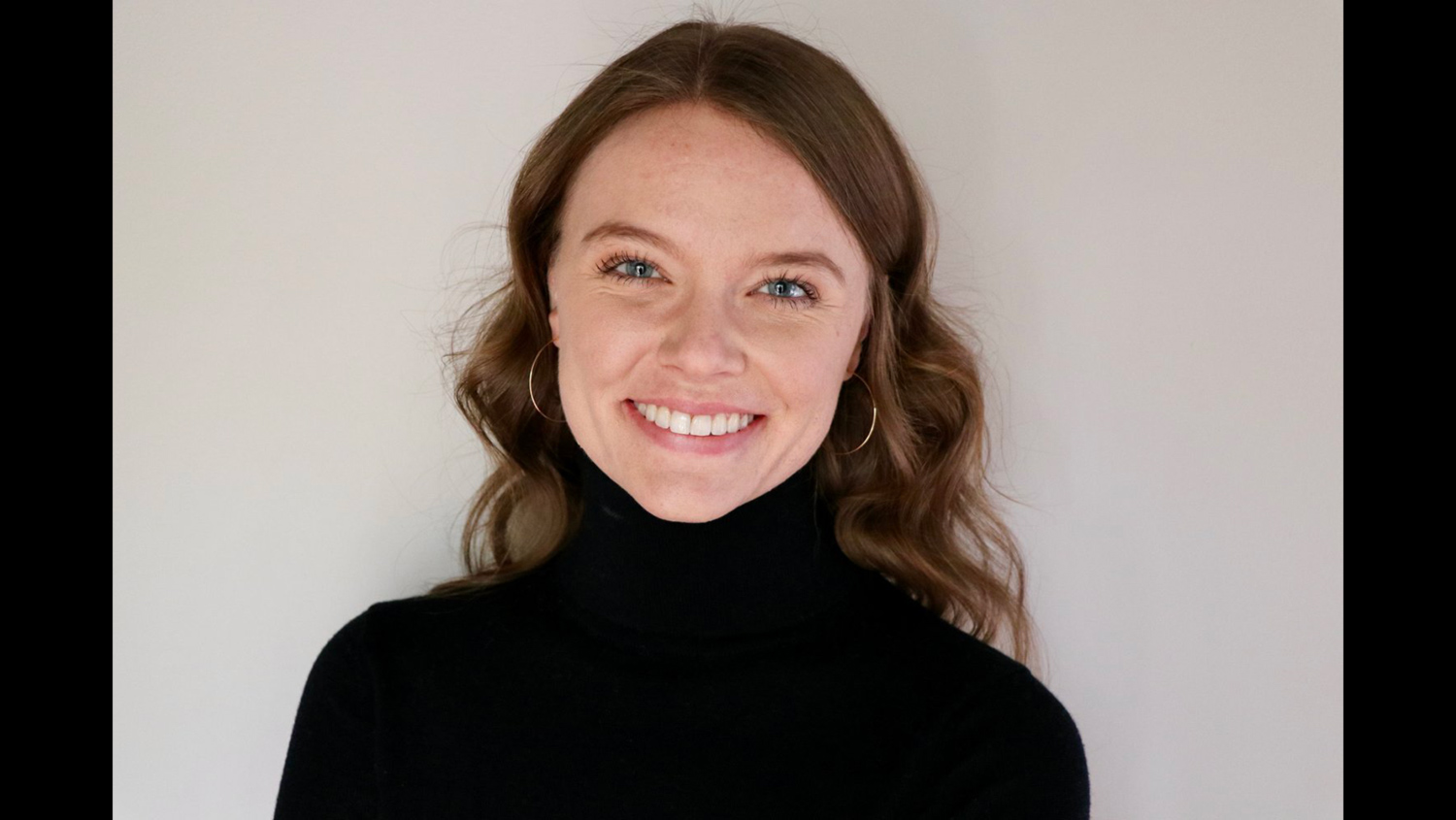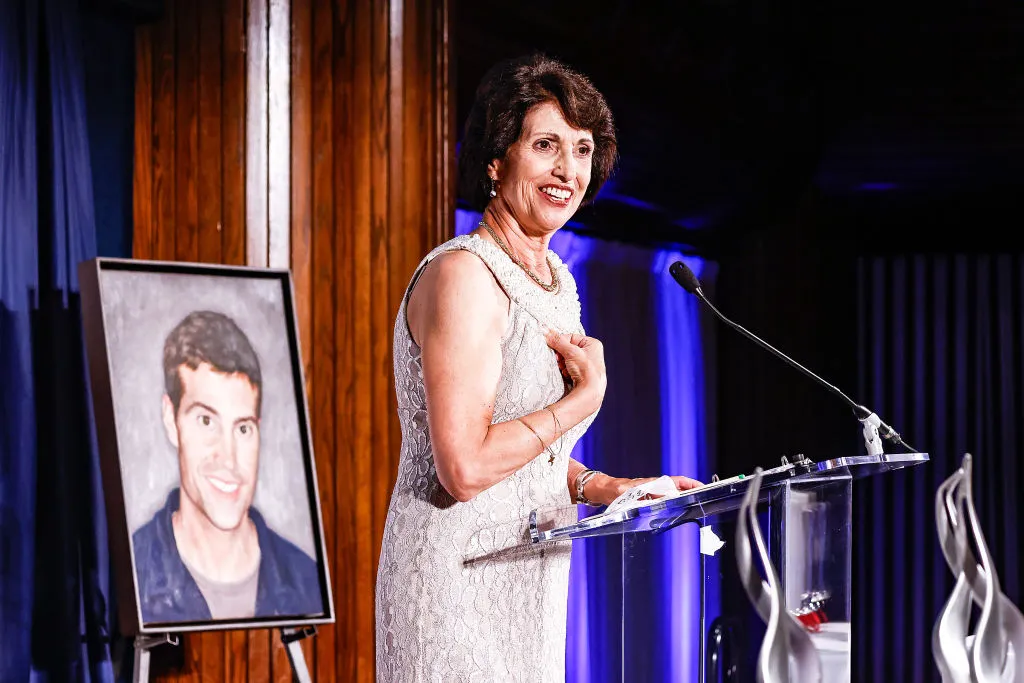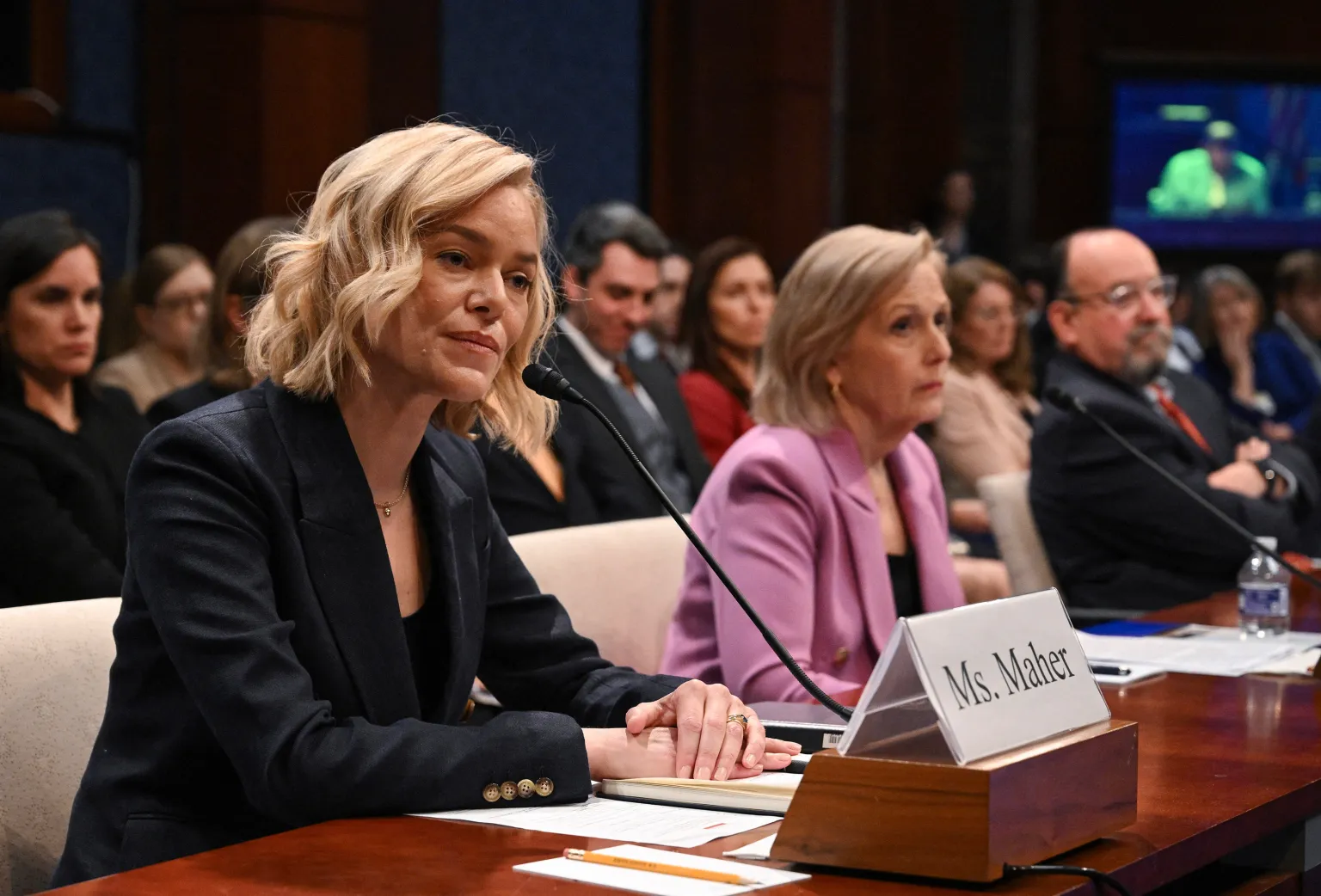By Courtney Kueppers
Medill/Foley fellow for summer/winter 2021
For the last six months, I’ve been a fellow at the James W. Foley Legacy Foundation. It’s a role I am both grateful to have occupied and that I wish did not exist.
What I mean is, I wish we lived in a world where there was a James W. Foley instead of a James W. Foley Legacy Foundation. Therefore, there would be no partnership between that foundation and Northwestern’s Medill School of Journalism, which gives opportunities to students and recent graduates like myself.
I wish we lived in a world where James W. Foley’s name was known solely for his reporting, for his commitment to speaking with the people most affected by the conflicts he was covering, and for aspiring to be a person of moral courage — and not ultimately known, in part, for his cruel and untimely death.
This wish is, of course, shared — and often echoed in comments when the foundation posts on social media about Jim’s birthday or the anniversary of his kidnapping or death — by people the world over.
Jim’s capture and killing is first and foremost a deeply personal tragedy for the Foley family and for Jim’s score of friends. His loving parents, John and Diane, have thrown themselves wholly and selflessly into helping other families who find themselves in the same sort of nightmare situation. His siblings continue to be steadfast in honoring their brother, and his friends and fellow freelance journalists often remember him with posts so touching they will easily make you cry.
My position at the foundation has included monitoring its social media feeds. On Twitter, there’s a community of free press advocates, lawmakers, activists, reporters and hostage families who regularly share updates about the dozens of Americans who are wrongfully detained abroad.
There’s the “Free the Namazis” account that dutifully tweets the number of days since Siamak Namazi, an Iranian-American businessman, was taken hostage in Iran – 2,242 days and counting. There’s Joel Simon, the outgoing executive director of the Committee to Protect Journalists, who tweets every Monday about Austin Tice — the American journalist who has been held hostage in Syria for more than nine years. There are daughters like Veronica Vadell Weggeman and Carine and Anaïse Kanimba, who advocate tirelessly for the release of their fathers, Tomeu Vadell and Paul Rusesabagina, held respectively in Venezuela and Rwanda. There are mothers, fathers, sisters and brothers of American hostages who plead for help to free their loved one.
A consistent voice among this community is Washington Post journalist Jason Rezaian. Knowing the horrors of hostage taking firsthand, Rezaian frequently uses his platform to call attention to cases.
In January 2016, I was a reporting fellow in the Post’s newsroom when Jason and his wife and fellow journalist, Yeganeh, walked through the newsroom flanked by Marty Baron and Jeff Bezos, days after arriving in the states. As colleagues stood to greet him, black-and-red “#FreeJason” signs hung on the newsroom walls around them.
This fall, like many others, I listened to Rezaian recount in a new podcast the 544 days he was wrongfully detained in Iran’s Evin prison. Recently, Rezaian and his colleagues Kate Woodsome and Ray Whitehouse have reported for the Post about the increasing number of Americans being held hostage by foreign governments. Citing data that the Foley foundation tracks and maintains, the team at the Post reported about the Americans currently being held — and the many challenges in bringing them home.
I know the names of these Americans well now. Every weekday for the last six months, I have entered the names, one by one, into the search bars on Google and Twitter — looking for updates the foundation may want to share with its followers.
Throughout the summer and into the fall, that included sharing updates about American journalist Danny Fenster. On Twitter, Fenster’s brother Bryan kept count of the days Danny was detained in Myanmar and chronicled the family’s efforts to bring Danny home. On Oct. 27, Bryan tweeted a black-and-white photo of his father with his head in his hands — appearing, understandably, exhausted and disheartened.
“A picture is worth a thousand words,” Bryan wrote. It seemed to capture the precise emotion that families of Americans held hostage carry every day.
Then, early on the morning of Nov. 15, an email in my inbox from the Foley foundation’s Executive Director Margaux Ewen had this subject line: “Danny Fenster is free!” For the foundation and for close watchers of hostage cases, it was a rare moment of good news.
In the ensuing days, as Danny cleared Myanmar airspace and eventually landed in the United States, I shared the photos on the foundation’s social media channels of the Fenster family embracing Danny at long last. I was overcome with joy for all of them — Danny is a journalist who was doing his job, he never should have been penalized for it to begin with. The same can be said of Jason Rezaian. And Jamal Khashoggi and Daphne Caruana Galizia. And, of course, James W. Foley and too many others.
Seeing Danny reunited with his family, I wished for the same moment for all the families the Foley foundation works with. I hope very much that I will someday open Twitter and see those same types of joyful reunions for each of the families.
Until then, I hope more people will take time to learn the names and stories of the people being held hostage around the world. You can begin here.
Courtney Kueppers is a Chicago-based journalist and the outgoing Medill-Foley fellow at the James W. Foley Legacy Foundation.



